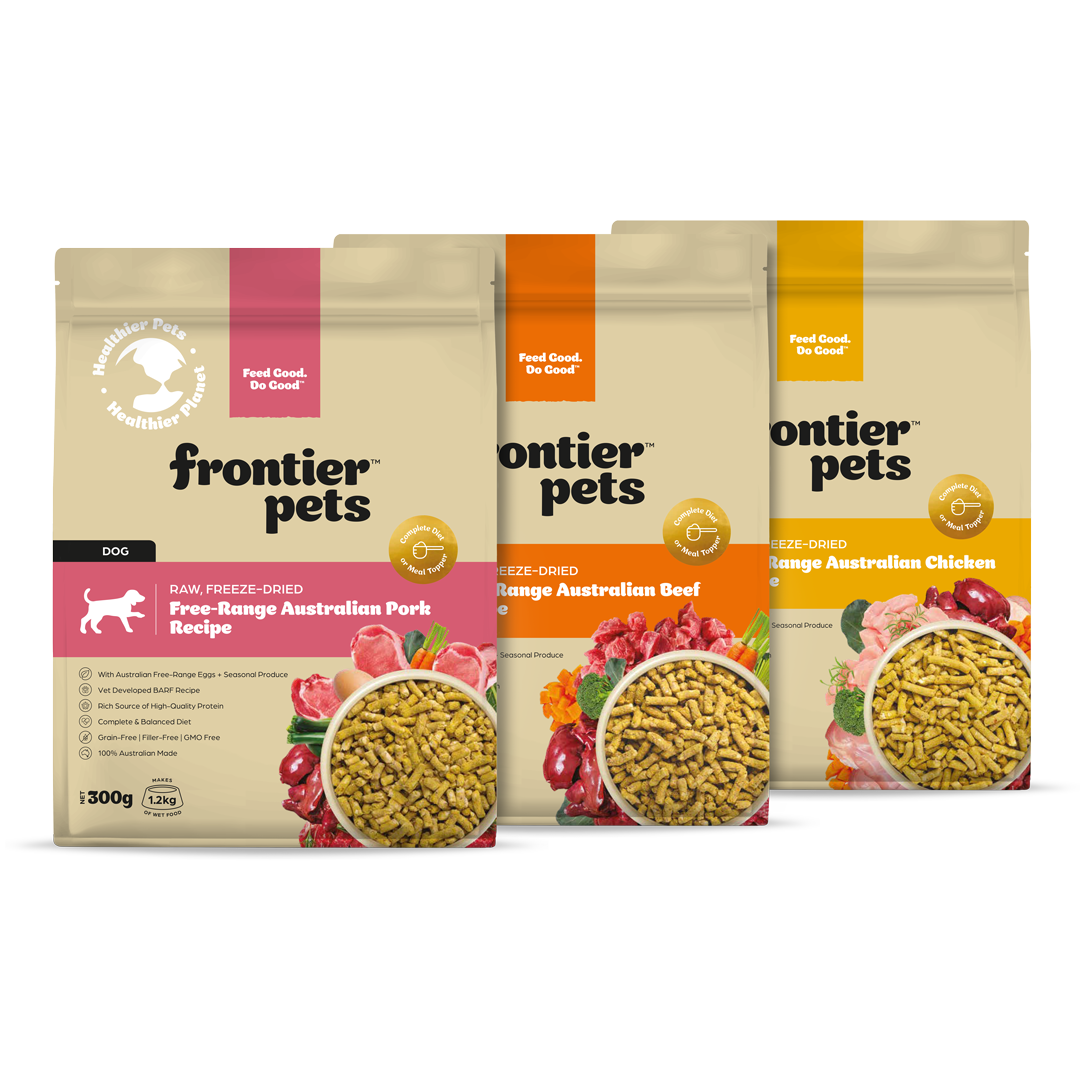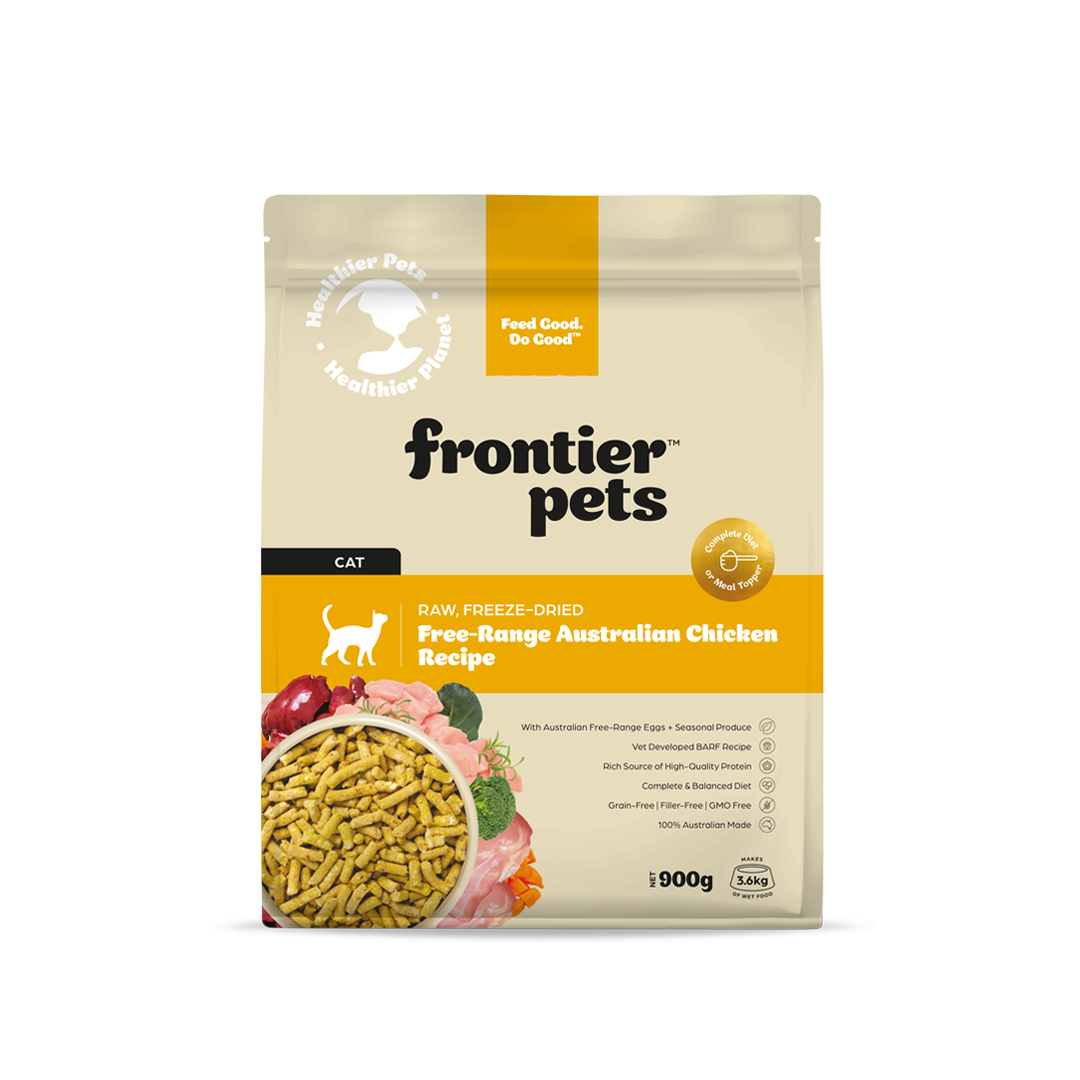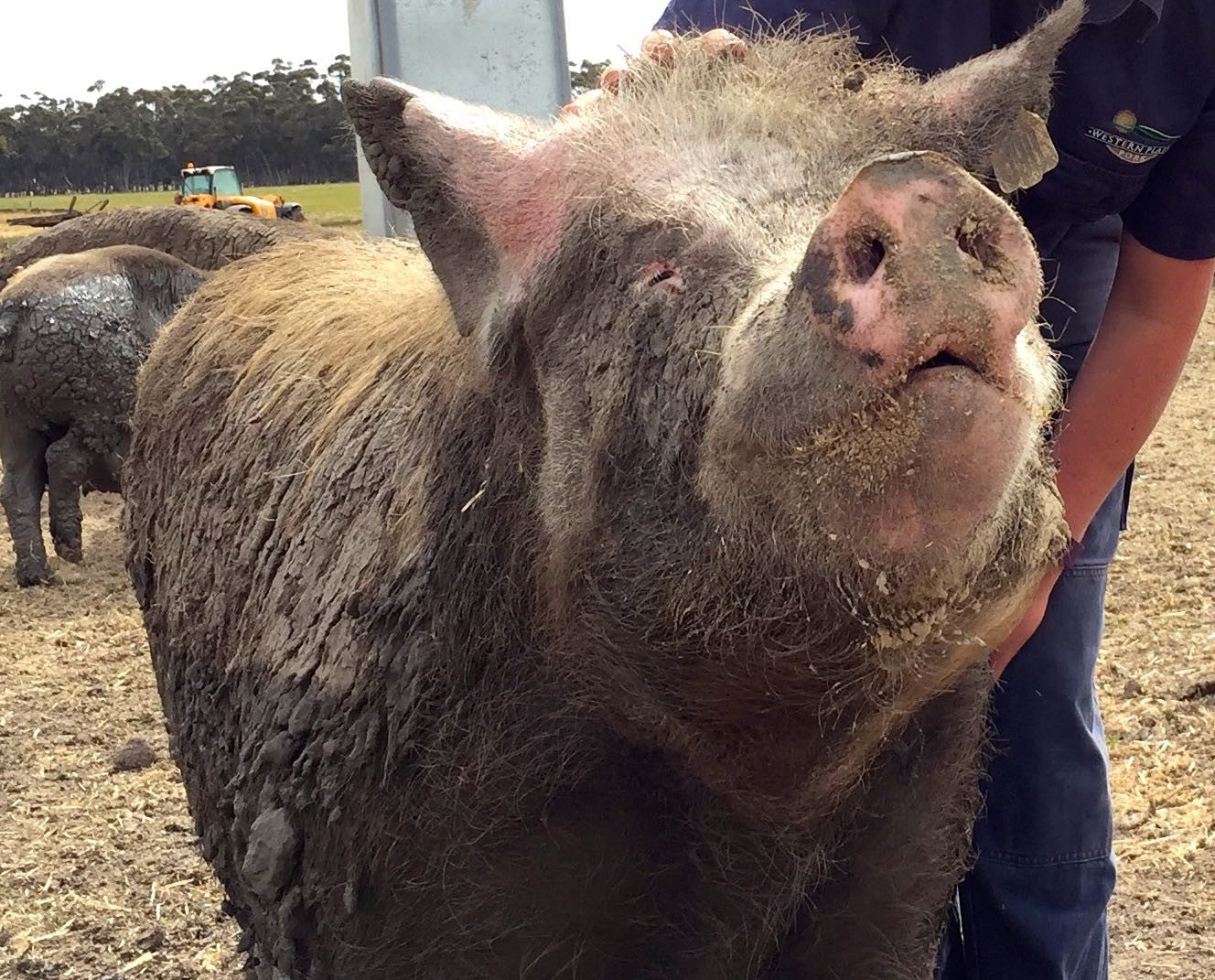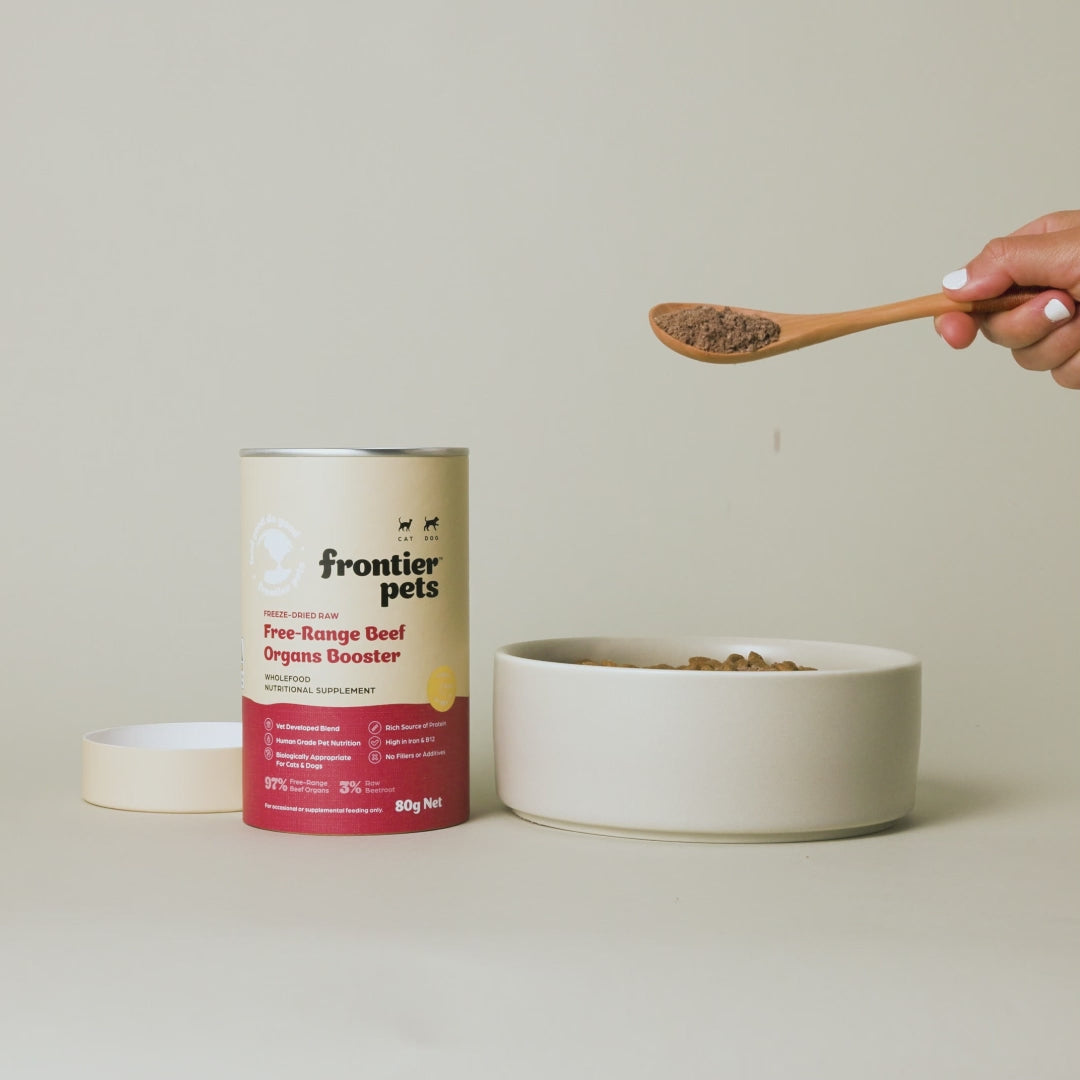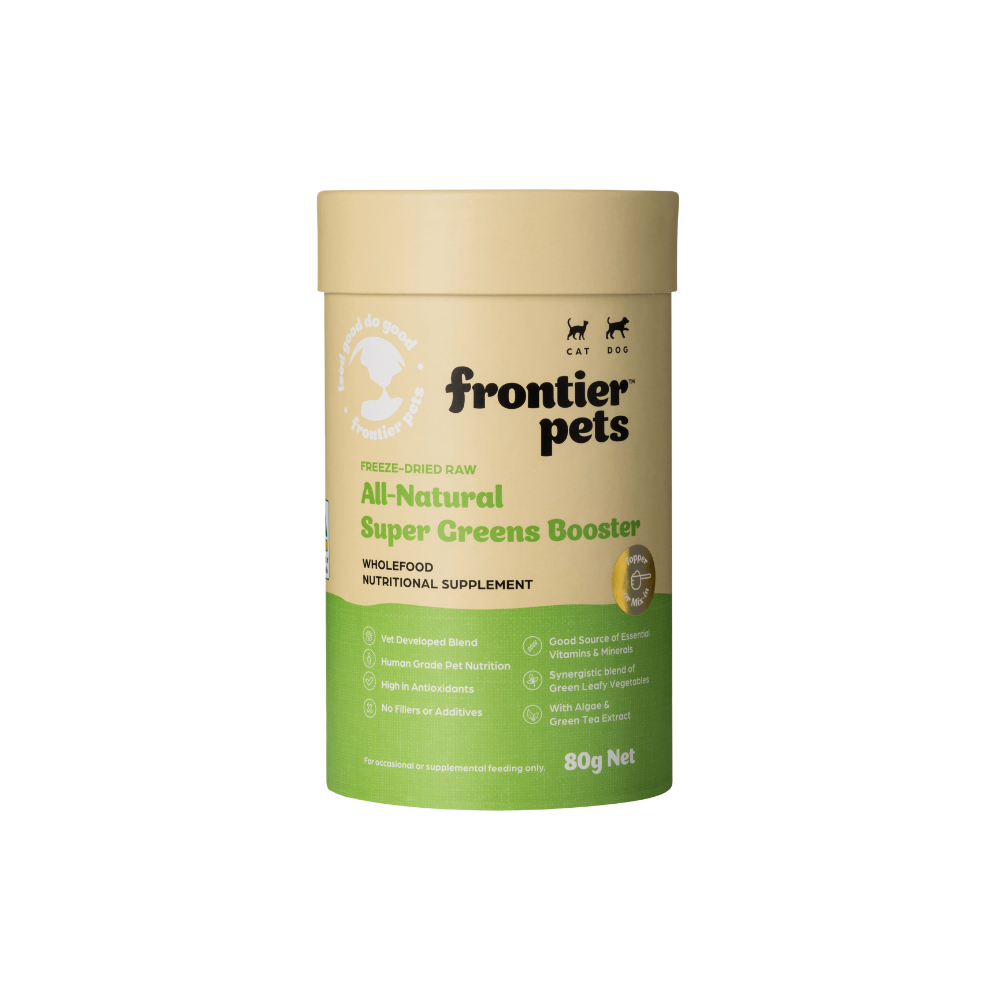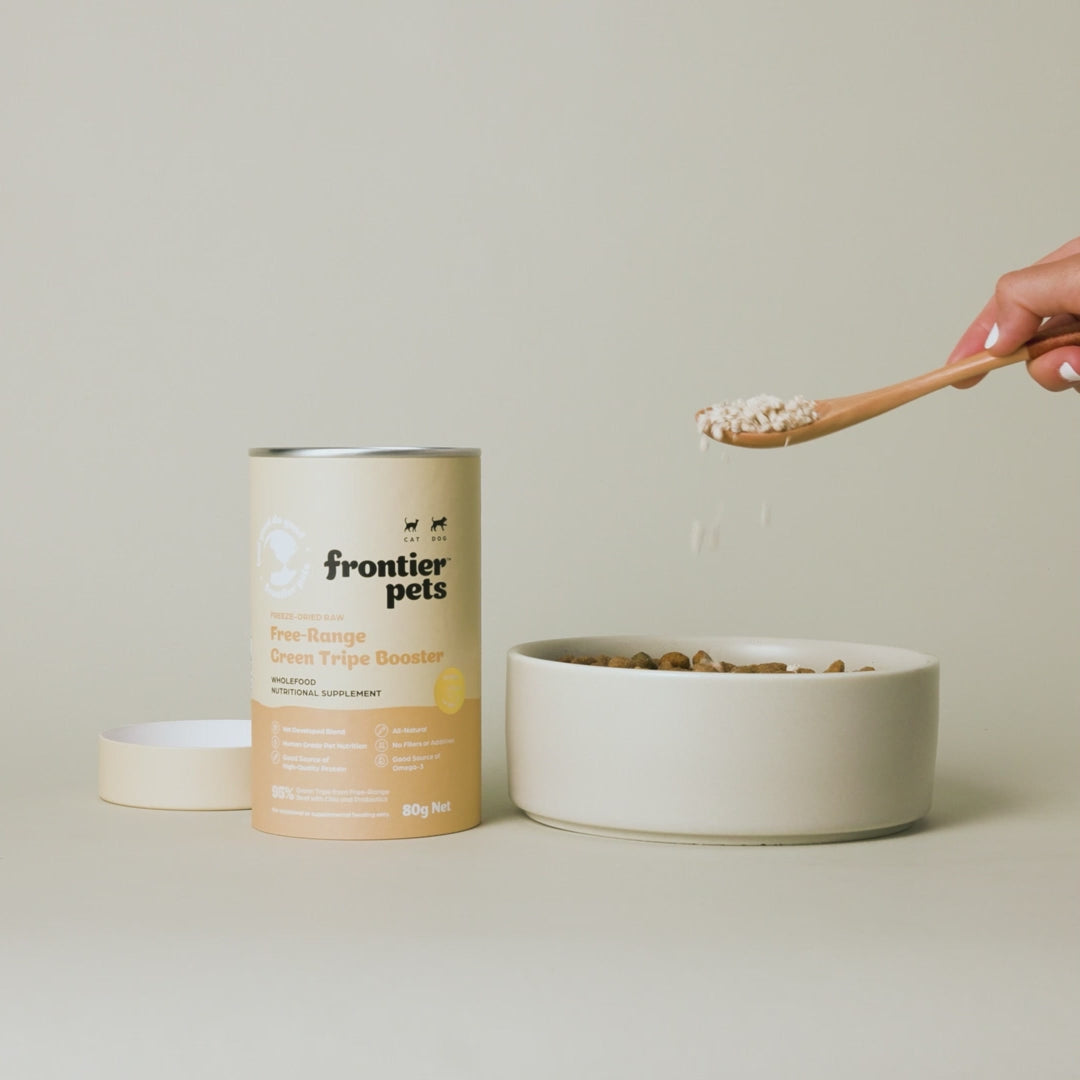Article: Is Your Dog Behaving Badly?
Is Your Dog Behaving Badly?
Oops I've done it again. And again...
What's considered 'bad behaviour' in dogs is more common than you think. These behaviours can include:
- Being too active
- Destructive
- House soiling
- Aggression
- Anxiety
- Escaping
- Barking
For people who have difficulty regarding a pet’s behaviour, it is important to seek good, professional advice and to realise that not all behaviour problems are simply a matter of training.
Anxiety and other variations of normal brain function require the assistance of a behaviourist, and preferably one with a veterinary background. Health and physical aspects can then be addressed potentially alongside complementary medicines, which can be a great help in resolving behavioural difficulties.
You can do a number of things yourself though, just to see if you can both get back on the right track first.
How to foster good behaviours in your pet
- In the first place, choose a pet that is going to be right for your lifestyle.
- Notice and encourage good behaviours and they will increase: if you notice and respond positively when your pet behaves well, then they will be more likely to do that same thing again.
- Reward consistently and immediately when good behaviour occurs. Good rewards are your attention, praise, a pat or a treat.
- Make sure your pet’s physical needs are met and that they are healthy and well.
- Make sure your pet’s behavioural needs are met. Provide an appropriate environment and ways for them to express their natural instincts in a safe and appropriate way.
- Find time for exercise and basic training every day.
- Play together and have fun everyday.
What to do about unwanted behaviours
- Ask yourself: what is the animal doing and why? Why is it a problem? Do I have to adjust my expectations or can I live with it?
- Is this behaviour normal or is it something else? Seek professional advice from a behaviourist if you are unsure.
- Take the animal for a full check up with your veterinarian to ensure there is no physical problem.
- Make sure your pet’s physical needs are met and that they are healthy and well. Make sure their diet and water and environment are not adding to the problem.
- Make sure your pet’s behavioural needs are met. Provide an appropriate environment and ways for them to express their natural instincts in a safe and appropriate way.
- Provide good “environmental enrichment” to provide necessary intellectual stimulation (a lot of problems are due to, or compounded by, inadequate intellectual stimulation).
- Help the animal discriminate between good and bad behaviour by rewarding them when they behave well.
- Make it easier for them to do the right thing by making it harder for them to get at or do things you don’t want them to.
- Ignore bad behaviour if possible. If it is not possible, then “redirect” them onto another behaviour. This means get their attention and find something that they can do that is good and that you can reward them for.
- Asking for a big change may be too hard, so start with a number of smaller changes. These are more achievable and gives the same end result over time. Don’t overtax your dog by expecting too much too soon.
- Limit the use of punishment. It is the least effective way of changing behaviour and adds to anxiety and stress, and can be cruel.
- If you must use punishment, a short “time out” is very effective for social species like dogs.
- Seek advice from a professional behaviourist if you are unsure about what to do or need help. Sometimes problems are very difficult to solve on your own and there is a lot of conflicting advice.
- Consider the use of complementary therapies including flower essences, acupuncture, homeopathy, reiki and others.
- Consider seeing a professional animal communicator for their perspective.
In the end, as always, get to know your pet, seek good advice, be respectful to their needs and trust your instincts.

